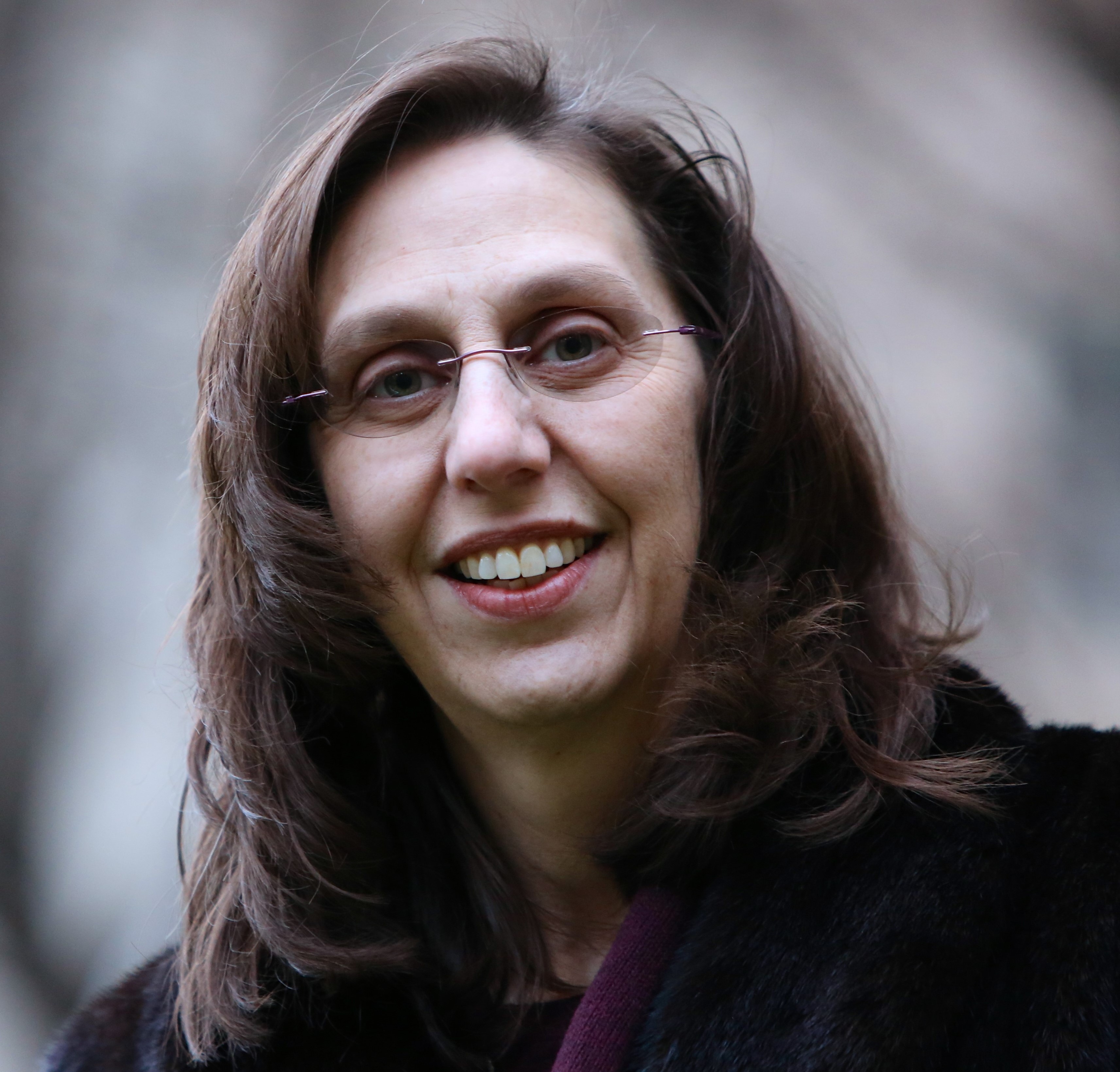
“Learn to do good, seek justice, relieve the oppressed. Uphold the orphan’s rights; take up the widow’s cause” – Isaiah 1:17 and WRJ Centennial Anthem Limdu Heiteiv (Beth Schafer, 2012)
“We saw you take a victory lap and laugh and think you’d won…but we are WRJ… we’ve spoken out for Civil Rights back when, and we will do it again today” - WRJ Social Justice Anthem (Kyra Goldman 2022)
_______
When Shakespeare wrote, “The first thing we do, let’s kill all the lawyers (Henry VI, Part 2, Act IV, Scene 2), he could have been thinking of Parashat Mishpatim (Exodus 21:1-24:18). Rather than promoting attorney-cide, Shakespeare recognized that the heart of a functioning society is its legal system. Our Torah portion reflects that same understanding. The word “mishpatim” means “laws” – a list of 53 laws, to be precise, mostly in the arena of civil law and damages. Coming immediately after the revelation at Sinai, Mishpatim digs into the details that move us from the high principles in the Ten Commandments to the nuts and bolts of an implementable system of governance with specific rights and obligations.
Included in those 53 laws are some of the core values that inspired our two WRJ anthems. Mishpatim lays out both the obligation to care for the widow and orphan and the foundation on which we rest Jewish support for abortion. Our WRJ anthems make clear our intention never to be passive in connection with these rights and to pass those values on across the generations.
The connection to abortion is why this weekend is designated as Repro Shabbat. Mishpatim expressly values the mother’s life over that of the fetus: “When men fight, and one of them pushes a pregnant woman and a miscarriage results, but no other damage ensues, the one responsible shall be fined,” (Exodus 21:22-24). Deeper analyses of these verses in the reproductive rights context can be found in the 2023 WRJ Reproductive Health & Rights Guide and in Sally Frank’s 2020 WRJ D’var Torah on Parashat Mishpatim.
It is apt that Repro Shabbat 2023, our first since the U.S. Supreme Court’s Dobbs decision overturned Roe v Wade and the constitutional protection of abortion, coincides with Presidents Day in the United States. That alignment reminds us that our religious and governmental structures are both built on legal codes that were not intended to be static. Incorporated into their very structure is the need for ongoing study, review, and revision; for voices to be raised in protest and to drive change.
At the end of Parashat Mishpatim, we formally enter into the covenant with G-d, and then Moses goes up Mount Sinai to receive the Tablets. The Torah details the trials and tribulations as we wander in the desert, slowly becoming a people capable of self-governance. Society advances so much the laws have to be restated in Deuteronomy, and we even have a second, modified version of the Ten Commandments. Our society keeps moving through kings and prophets, exile, and return. Priests give way to rabbis, and prayer replaces sacrifice. At every step, the people change and adapt the legal codes to accommodate new situations and developing sensibilities. The Oral Law codified in the Talmud is interpreted across the generations. The process continues today as our Reform Movement provides new Responsa, modern “answers to questions about Judaism and Jewish living.”
It is the same in the U.S. and Canada. Our U.S. Constitution has 27 amendments so far, including the Bill of Rights. The Constitution of Canada, first established in 1867 as a British Act, was subject to major revision in 1982 with the introduction of the Canadian Charter of Rights and Freedoms. None of these codes of law, Jewish, Canadian, or U.S., included or valued all voices at the outset – and many are still left out. Societal structures did not and still do not treat all people with equality and equity. Thankfully, change is an intentional part of the system.
“Founding Mothers” by Cokie Roberts gives us a window into the women of the American Revolution who started working toward change even before the founding documents were signed. When her husband, John Adams, was at the Continental Congress in 1776, Abigail Adams wrote to him, “I suppose that we will have to have a new code of laws for our new government, and when you write it, remember the ladies.” She warned against putting “such unlimited power into the hands of the husbands.” WRJ, throughout its history, has been a driving force for change in both our religious and our governmental systems. Through our advocacy and philanthropy and the development of resources, such as The Torah: A Women’s Commentary, we take a stand and help shape the growth and evolution of these living bodies of law.
Parashat Mishpatim initiated a 3000-year ongoing process of change that requires of us knowledge, study, growth, and openness to new ideas. In the United States and Canada, our constitutions and systems of law demand no less, as we bring in new voices that were previously unjustly excluded from the story and strive to learn from our past to meet the future.
As we sit at the intersection of Parashat Mishpatim and Presidents Day, it is our burden and our privilege to continue adding our values and sensibilities, and bringing in the excluded voices to the interpretation, implementation, and expansion of these living, growing bodies of law. As the WRJ Anthems say, “Limdu heiteiv” – learn to do well – because “we are another thing coming.”
____________________________________
Reproductive Rights needs protection and support at the local, state or provincial, and federal level in all states and provinces. For actions that you can take on Reproductive Rights and other Social Justice issues, to strengthen those who need help today and build a better tomorrow, go to the WRJ Advocacy & Social Justice webpages and Advocacy Yammer group.
Related Posts

Parashat Yom Rishon shel Rosh HaShanah

Cultivating a Culture of Accountability and Belonging


